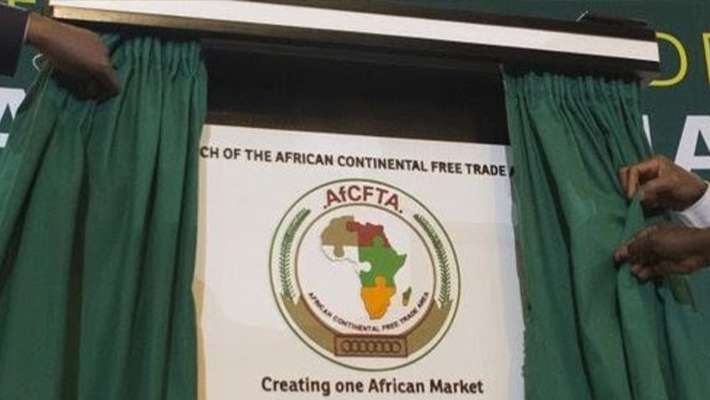
The Economic Commission for Africa (ECA) has reiterated the need for African countries to accelerate economic transformation by effectively implementing the African Continental Free Trade Area (AfCFTA).
The commission director, Regional Integration and Trade Division, Stephen Karingi, said this in a statement.
Mr Karingi made the call while addressing participants at the opening of the third African Trade Policy Centre (ATPC) Steering Committee Meeting (SCM) in Accra, Ghana.
He said Africa would mull its next steps toward a common market with AfCFTA.
“Thanks to AfCFTA, the continent is no longer a helpless bystander as developed countries pursue their strategic interests at Africa’s expense.
“AfCFTA now offers the perfect platform for Africa to pursue policies of strategic autonomy just like everyone else is doing,” he said.
According to Mr Karingi, AfCFTA is a development tool that can help Africa tackle many challenges, such as food insecurity, joblessness, marginalisation and health insecurity, among others, if fully implemented.
“The key to succeeding in this endeavour lies in our ability to use AfCFTA as a platform for Africa’s industrialisation.
“To this end, ECA is supporting several initiatives, including developing the electric battery value chain in the Democratic Republic of Congo and Zambia,’’ he said.
The ATPC coordinator, Melaku Desta, while welcoming the committee members, thanked the government of Canada for its long-standing support to the ATPC for nearly 20 years now.
Mr Desta appreciated the AfCFTA secretariat, AU Commission, Regional Economic Communities (RECs), representatives of the organised African private sector and civil society, and other committee members for supporting the work of the ATPC.
He described the steering committee as ATPC’s principal governance mechanism that provided oversight and guidance for its overall direction and strategic priorities.
Similarly, Marjorie Cheron, co-chairperson of the steering committee and representative of Global Affairs Canada, reiterated the importance of AfCFTA.
Mr Cheron described AfCFTA as a game changer that promised to create a stable business environment with standard rules that would establish a single market of significant size.
Mr Sebahizi outlined a list of issues that should guide the work of the ATPC.
He said this included a continued search for an explanation as to why Africa, despite its endowment with abundant natural and human resources, remained far behind all other parts of the world.
(NAN)


